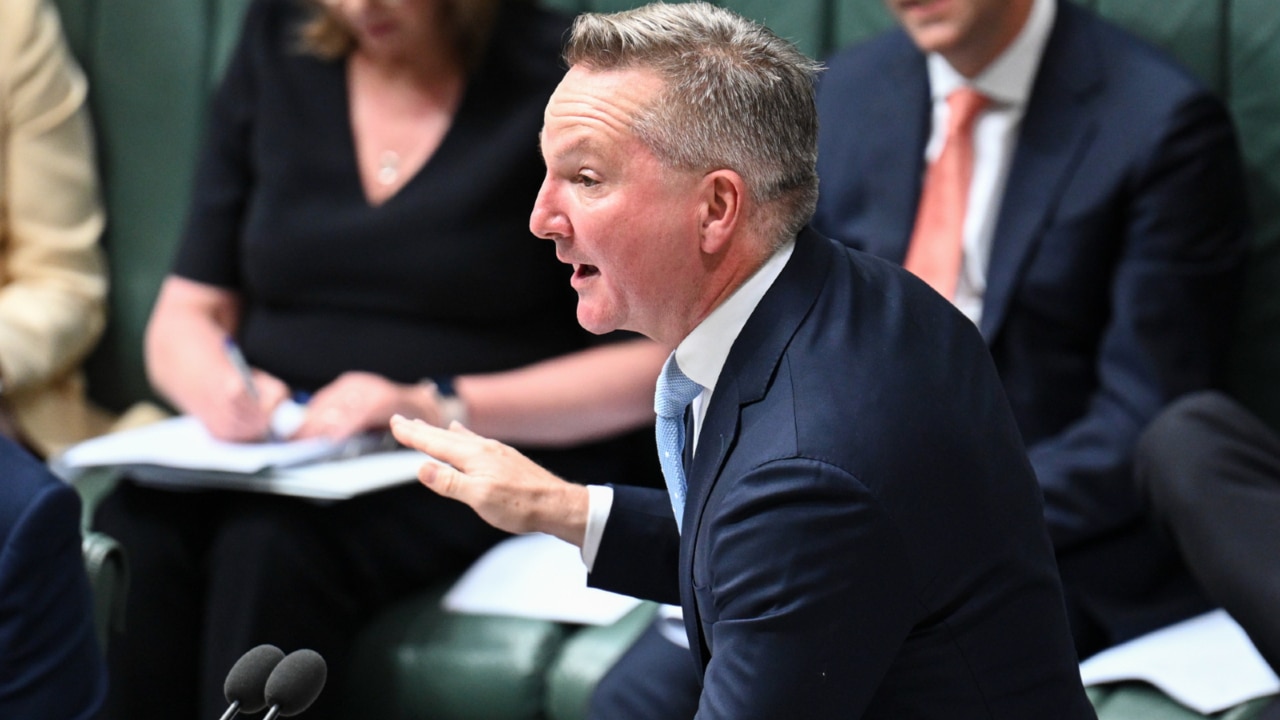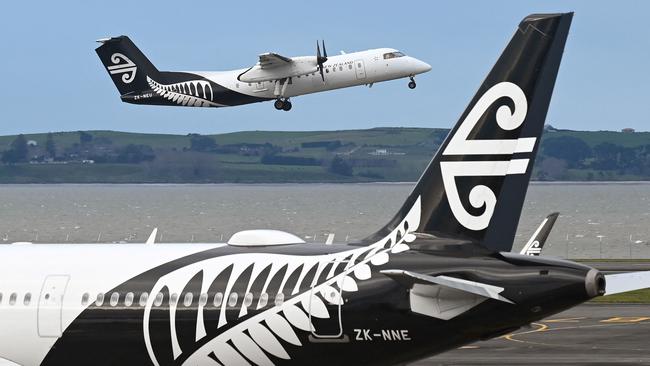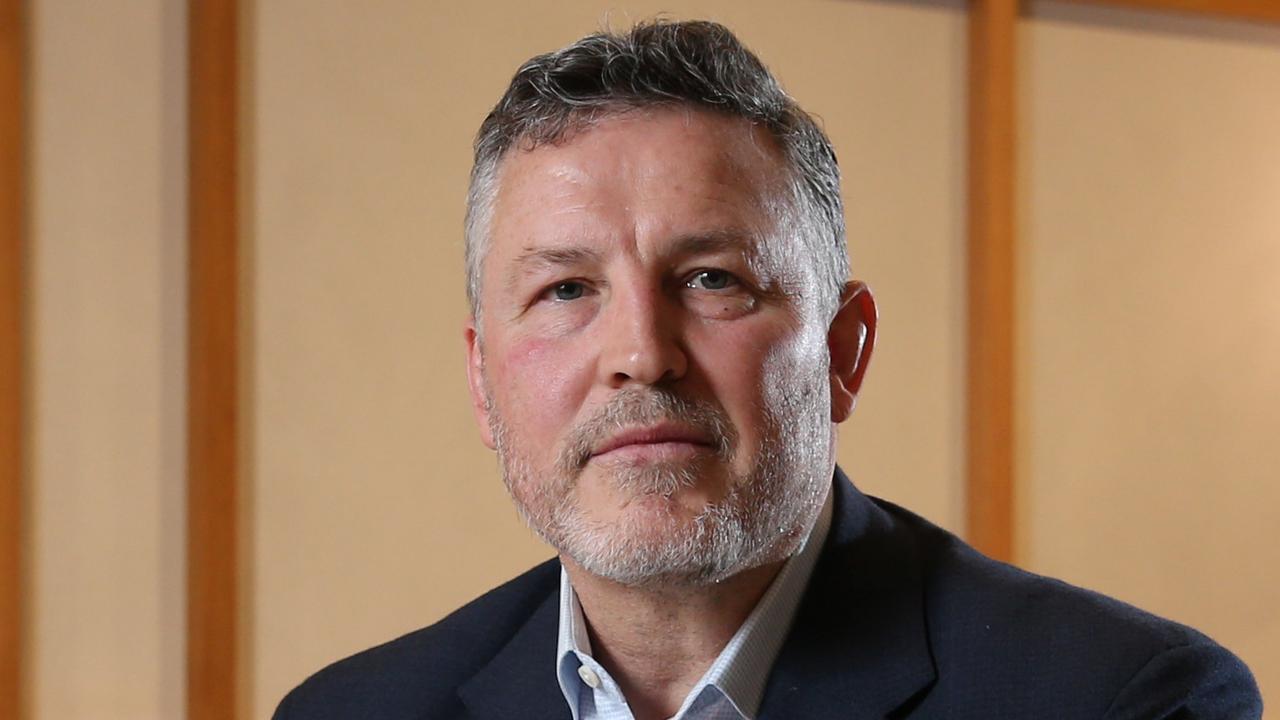Almost 30pc of Aussie companies have ‘no intention’ of meeting climate targets, new study reveals
After Air New Zealand axed its ambitious carbon targets a new study reveals almost a third of Aussie companies aren’t aiming to meet climate goals, with 40pc-plus yet to begin decarbonisation.

Business
Don't miss out on the headlines from Business. Followed categories will be added to My News.
Almost a third of Australian companies say they will not meet net zero emissions by 2050 as Air New Zealand scraps its ambitious climate targets, a new survey has revealed.
The kiwi carrier had been aiming to slash its carbon intensity by 28.9 per cent compared to 2019 levels through the use of sustainable aviation fuel, lower emissions aircraft and other changes. But, conceded this was unrealistic on Tuesday, saying many levers to achieve targets were outside its control.
Now, a survey of more than 500 companies from Schneider Electric — the biggest adviser of Australian commercial power users — says 28 per cent have no intention of meeting their Paris Agreement commitments. A further 42 per cent say they have not begun decarbonising their operations.

The worst performers in meeting climate goals were smaller companies, healthcare, construction and professional services, with the Schneider survey revealing 18 per cent did not know where to start, while almost a quarter did not consider it a priority.
Schneider Electric’s principal and senior director for sustainability Lisa Zembrodt said many companies risked being exposed for their inaction by looming requirements to disclose decarbonisation strategies and targets.
“Most businesses see sustainability as offering a competitive advantage, but many don’t grasp the urgency of climate action,” she said.
“Australia is moving to mandatory climate related financial disclosures, which will add a new layer of information being disclosed to the market that, particularly for smaller companies and even some mid to large sized companies, hasn’t been disclosed previously.
“Having a road map to transition your business to the low-carbon economy will be essential and companies should urgently develop and implement a net zero plan.”

Compounding the problem is big companies walking away from targets. A month before Air New Zealand conceded defeat, Telstra withdrew from the federal government’s Climate Active carbon-neutral labelling program after the initiative attracted strong criticism it was a “sham” and a fraud on taxpayers and the environment. Telstra says it is
shifting its focus from carbon offsetting to more “direct action” to cut its emissions”, increasing is scope one and two targets by 50 and 70 per cent respectively from 2019 levels by 2030.
“The urgency remains,” Ms Zembrodt said. “I think what these (companies) are signalling is some of the challenges that companies are facing and some of the thought processes that are changing as well.
“Unpacking some of those thought processes of why a company might decide to make changes in their targets or make changes in the way they talk about sustainability or their emissions status are really interesting things and they reflect a better understanding of what we need to do to truly mitigate and adapt to climate change.”
Ms Zembrodt called for more support from the Albanese government to support companies meeting their climate targets, including the necessary reporting requirements.
From next year, based on standards set by the International Sustainability Standards Board, Australia’s biggest companies will be forced to reveal extensive information on climate-related issues including governance, strategies, risk management and targets. The same requirements will be rolled out progressively to smaller businesses.
This is despite the Schneider survey — released in its fourth annual sustainability index — revealing two-thirds of companies were relying on bills and spreadsheets to monitor their energy data.
“Reporting is critical to provide transparency to customers, to investors and other stakeholders, and it can be onerous, but it’s absolutely critical. So this is where technology needs to play a role, and digitalisation needs to play a role, to reduce the effort while not reducing the quality of the information.
“There’s certainly the potential for government to help with grants and funding, similar to some of the programs that are available today for things like energy efficiency, other technology installations. So these are a couple of the ways that the government can support or enable progress on sustainability.”
Ms Zembrodt also called for greater collaboration between companies, particularly those who are more advanced on decarbonisation. Atlassian has been one of the biggest companies to share its efforts, with the Mike Cannon-Brookes-helmed company releasing a “how to guide” as corporate climate strategies fall short of the Paris Agreement’s temperature goals.
The Schneider study revealed those making the best progress are in IT, real estate and financial services.
“Knowledge sharing is critical. I also know of a number of different industry organisations that work in these spaces to make positive outcomes in those same areas. So, I am hopeful that we see solutions to some of the barriers, but it’s really important that we recognise what those barriers are, and continue to pivot where we need to.”
More Coverage
Originally published as Almost 30pc of Aussie companies have ‘no intention’ of meeting climate targets, new study reveals
Read related topics:Climate Change





